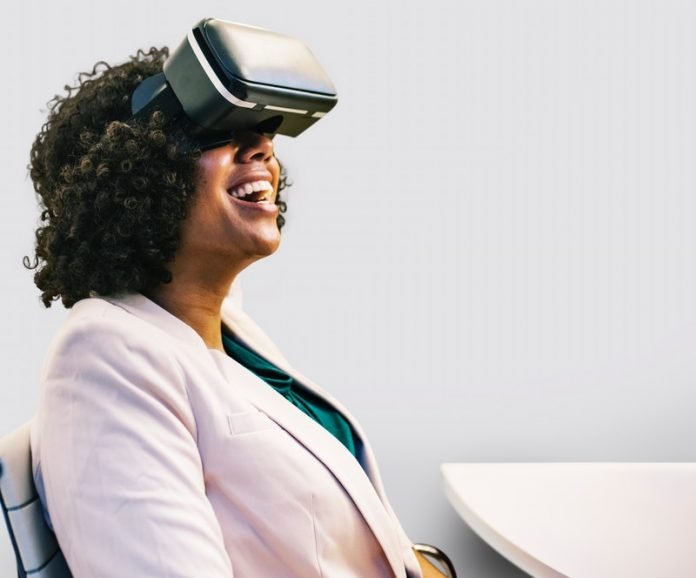
In a new study, researchers have developed a new therapy against excessive weight.
They found virtual reality (VR) could positively affect the body perception of obese patients.
The research was led by the University of Würzburg and elsewhere.
Obesity, which means having a high amount of extra body fat, is a widespread medical condition that affects more than 20% of the German population.
Obesity is also a global epidemic: It is the number six cause of death in the world.
People struggling with obesity are often at war with their own bodies. A lot of them have stopped believing that they are able to lose weight at all.
This state of discontentment can also have an impact on social life and the mental health of sufferers.
These are good reasons to search for new therapeutic options.
In the new study, the team started a ViTraS project. ViTraS is short for “Virtual Reality Therapy by Stimulation of Modulated Body Perception”.
The project focuses on the psychological causes and consequences of obesity.
According to the team, many people suffering from obesity have a distorted perception of their own body which complicates therapy.
Major changes of bodies, e.g., of the organs, are hard to detect. Moreover, the physical appearance of the body plays an important role in almost all social situations.
Obese people tend to avoid social encounters which then has a negative impact on their well-being. This is where the research teams want to take action.
Using VR, the team could help obese patients to get a realistic image of their own body, not one that is externally influenced and judgmental.
Once the patients’ avatars have been brought to life in the virtual world, different therapeutic approaches can be implemented, including the possibility to customize the avatar.
This enables patients to reflect on past events, such as gradually gaining weight over many years. But it also allows visualizing the results of successful therapy.
In addition, the virtual world opens up almost unlimited freedom of applications and experiences.
Detached from the real body, people can choose an avatar of their liking and exchange experiences with other people worldwide in virtual group therapy.
The team wants to combine fundamental research with approaches capable of being implemented in practice.
The leaders of the study are Professors Marc Erich Latoschik and Carolin Wienrich.
Copyright © 2019 Knowridge Science Report. All rights reserved.



